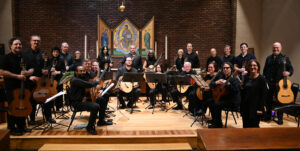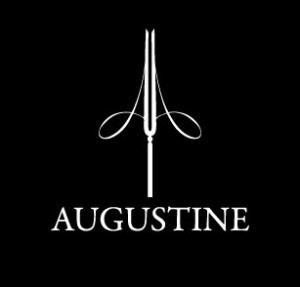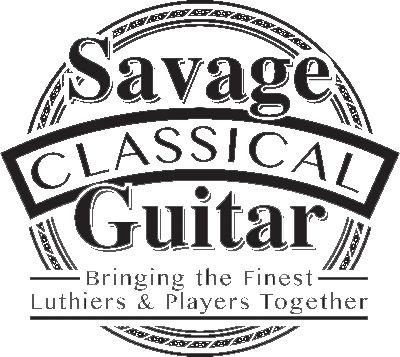by J. Andrew Dickenson
February 2008
After superior performances in Lincoln Center, Merkin Concert Hall, Weill Hall, and Trinity Church, the Arc Duo – Bradley Colten, guitar, and Heather Holden, flute – are quickly becoming New York’s premiere string and woodwind ensemble. Although they are both virtuosic players and charismatic performers, the duo’s seal of originality lays in their progressive work with living composers and their unique concert programming. In the interview below, the duo speak about their passion for new music, performance, and how their ensemble has changed over the years.
The answers below were written together by Bradley and Heather.
NYlon Review: Last time I interviewed you, you had just commissioned a piece from Roland Dyens and were waiting to receive it. How did that piece turn out?
Arc Duo: We received Traveling Sonata by Roland Dyens a few months ago, and are quite excited about the upcoming world premiere on April 11th at the Diller-Quaile School of Music. Traveling Sonata was commissioned by Diller-Quaile for Arc Duo, and it is Roland Dyens’s first-ever piece for flute and guitar. It is a hefty, 20-minute work, three movements long. We think it is a fabulous addition to the repertoire for the ensemble-type.
One of the hallmarks of your ensemble is that you actively commission music for your duo. Who else have you worked with recently?
We are currently working with David Shober and Reena Esmail. Last spring, we premiered Shining River by Shafer Mahoney — also commissioned for us by Diller-Quaile.
Are there other composers you have plans to work with in the future?
Future projects include collaborations with David Leisner and Edie Hill, among others.
Why have you decided to focus a lot of your energy on commissioning and learning new music?
Over the years, we found that we continually became more and more excited by new music. Our tastes simply developed in that direction. We both feel that an organic step from there was to commission new works. We feel quite strongly about adding exciting new repertoire for the ensemble-type. In addition, since we are the smallest of possible chamber music groups, working closely with a composer often feels like we are adding a member to the ensemble. Collaboration with living composers is quite exciting and rewarding.
Why is promoting new music important for classical music and musicians?
As in all art forms, music is a living, breathing entity. While it is essential to learn from the past, it is equally important to look to the future, and how classical music continues to develop.
You haven’t entirely shunned the classics, though. Do you find it difficult to balance programs with both the classics and new music?
Well, we of course haven’t shunned anything. However, our focus is almost exclusively on 20th- and 21st-century music – with a healthy dose of new, commissioned works. A well-balanced program is one that speaks to both the performers and the audience, regardless of when the pieces were written.
The two of you have been playing together for several years now. How has the duo changed over the years?
How has it not changed? We’ve matured together as people and players. Our group’s goals have developed during this time; we’ve gained more clarity on the duo’s mission, and we’ve come to better understand how to accomplish our goals. Most importantly, our rich history and growth has allowed us to handle the increasing complexities in life — in the past year and a half alone, Bradley had a child, and Heather moved to Zurich. We are able to comfortably maintain a bi-continental ensemble with little difficulty. The computer phone service, Skype, is amazing!
What lessons have you learned from each other? How have you each changed as both performers and people?
Hard question! Well, Bradley no longer wears an earring, and Heather has developed a keen fashion sense. Seriously, we feel like we’ve grown up together. Personally, playing in a duo has inspired each of us to develop very good communication skills — an essential element in a successful chamber music ensemble. As performers, we’ve both become far more comfortable in our own skin; something that only develops with time and maturity. Each of us is far more patient now. Patience and good communication skills has helped both in rehearsal, taking care of the business side of things, and in performance.
What changes have you seen in each other?
We’re getting older! (well, at least Bradley is….)
What repertoire will you be performing on the NYCCGS concert?
We’ll be performing the new Dyens piece, and works by Daniel Pinkham, Judah Adashi, and David Leisner.
Thanks so much! We’re all looking forward to your concert.
Can’t wait! Thanks to you too!
Arc Duo performed on the NYCCGS Concert Series on April 18, 2008.









